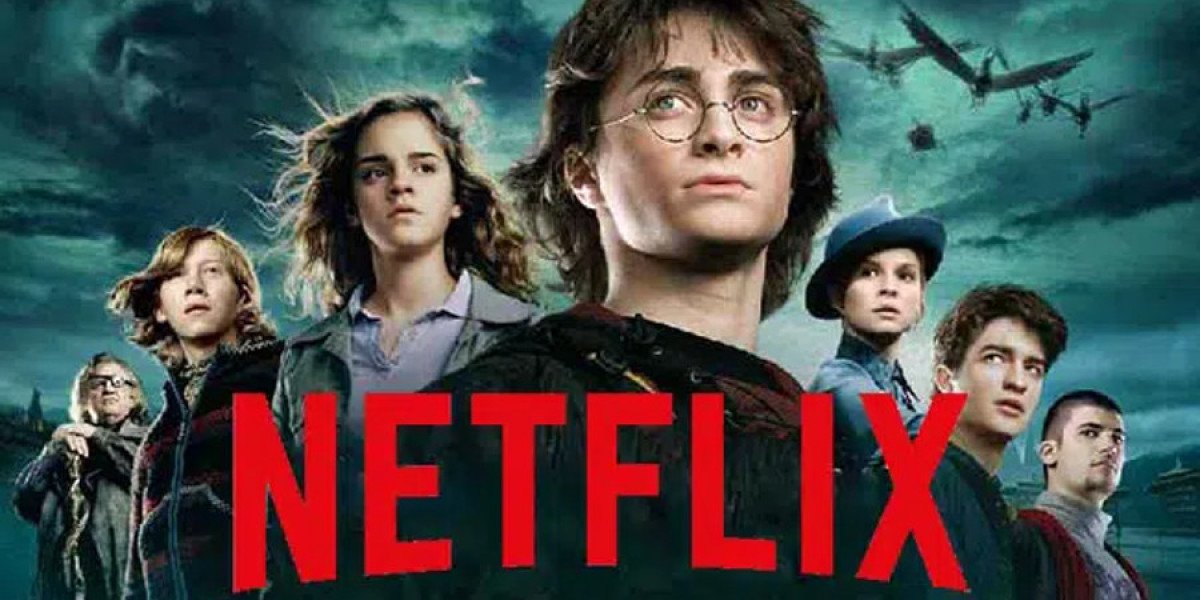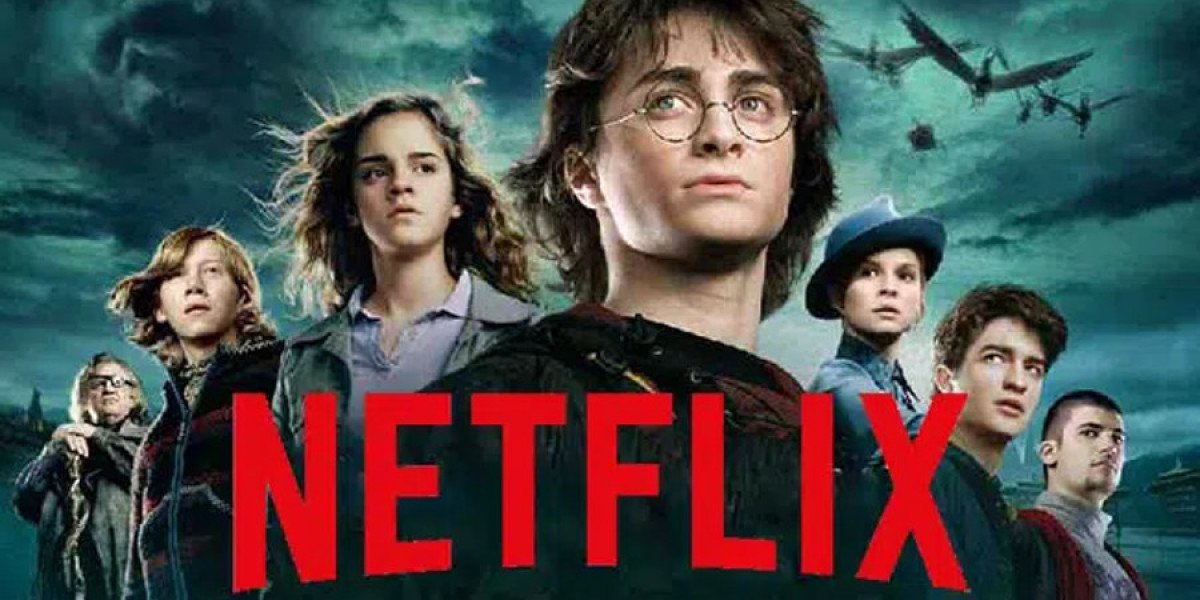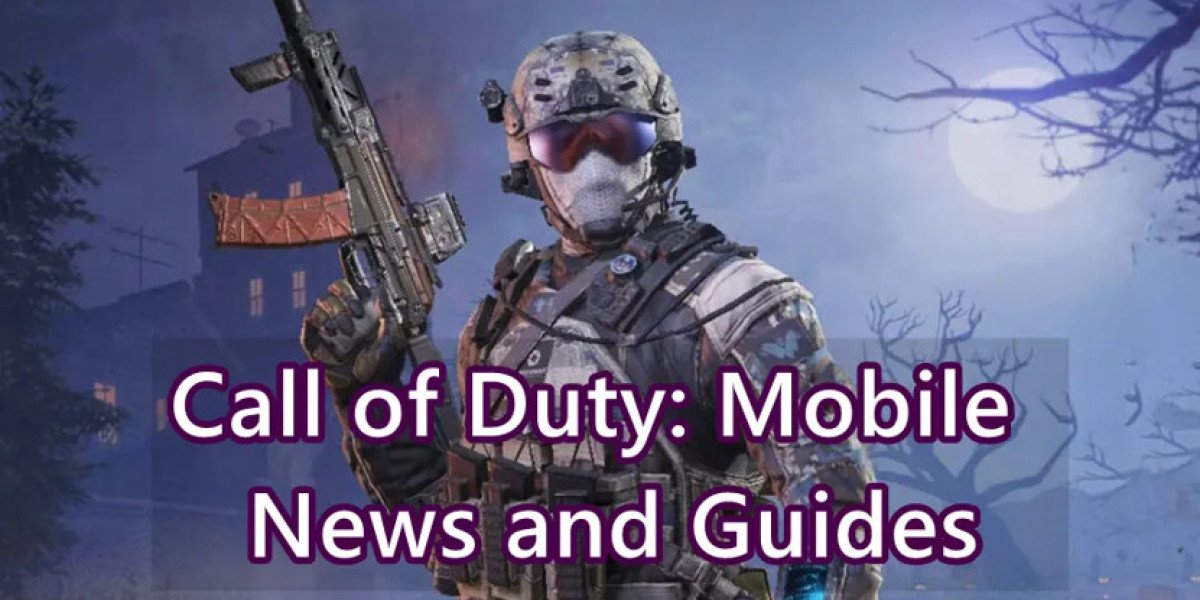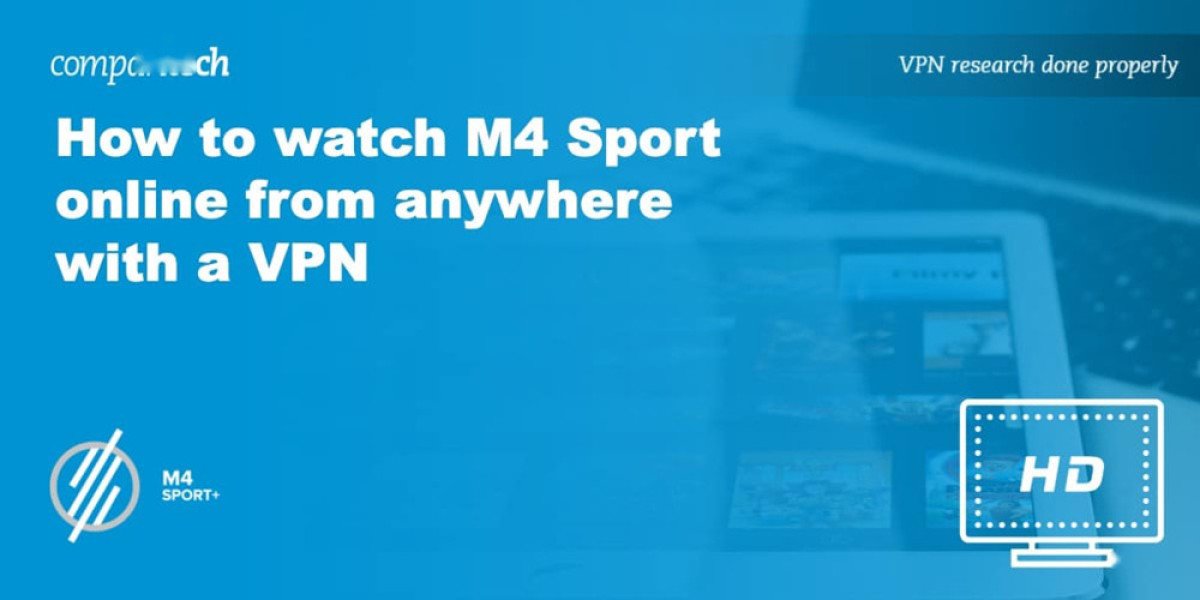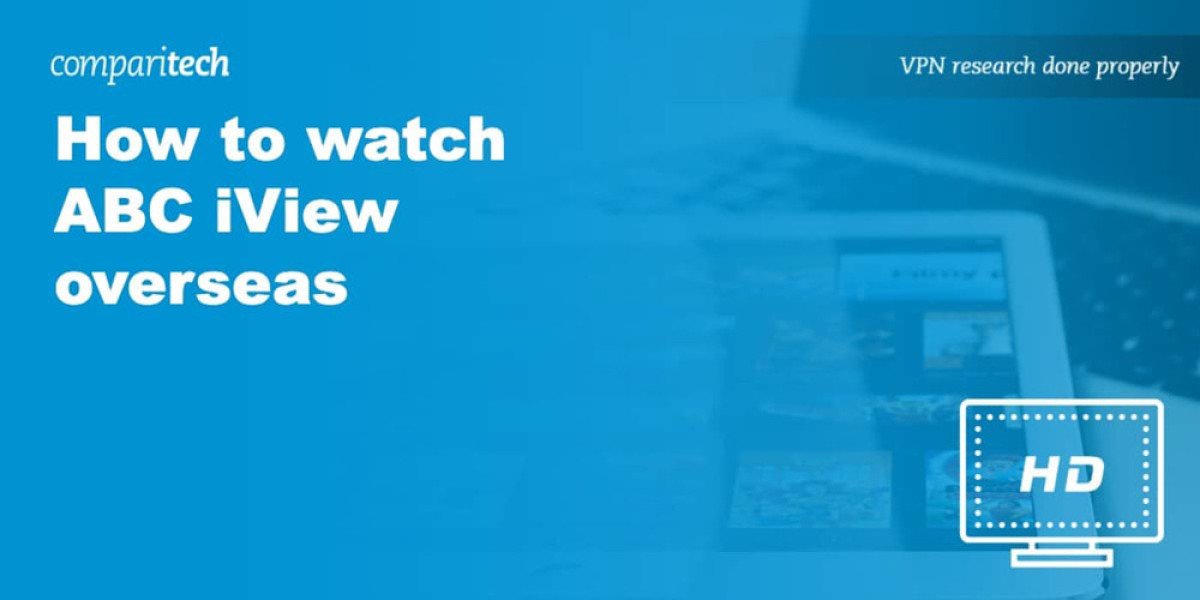Dual Development Strategy
Hollywood’s appetite for stories that already have readers is no secret: adapting popular novels gives studios a ready-made audience and a clearer path to commercial success.
But a growing number of projects don’t start as published books that are later optioned — they’re created as books and screen projects at the same time.
Companies like Alloy Entertainment and Temple Hill Entertainment have built integrated pipelines that pair publishing and screen development from day one.
Rather than waiting for an outside publisher to champion a manuscript, these companies develop the idea, retain adaptation rights, and match the concept with a writer who can craft a novel designed to travel to screens.
That approach yielded recent streaming romances such as My Oxford Year (Netflix) and The Map That Leads to You (Prime Video), both of which began life as stories shaped with an eye toward both book and film versions.
Temple Hill, which launched its publishing arm in 2017, worked on My Oxford Year from an early screenplay idea, expanding it into a novel and then into the Netflix feature directed by Iain Morris and starring Sofia Carson.
Similarly, The Map That Leads to You moved from a book by J.P. Monninger to a cinematic adaptation directed by Lasse Hallström and featuring Madelyn Cline and KJ Apa.
For producer teams like Temple Hill’s Wyck Godfrey and Marty Bowen, inspirations often start casually — a throwaway lunch conversation about a setting or emotional beat — and then get refined into a premise that could work in both formats.
Their approach is collaborative: a simple concept — for example, a romance set during post-college travel or at a storied university — is iterated on until it becomes a pitch suitable for a novelist and a production plan for studios.
Alloy’s Les Morgenstein and Temple Hill’s leaders emphasize that the chronology isn’t the point; what matters is conceiving ideas that can engage readers and viewers simultaneously.
Temple Hill’s publishing lead, Petersen Harris, brings film executive experience to identifying which concepts can be turned into marketable books while remaining attractive for eventual screen adaptation.
The goal is often to fill perceived gaps in the marketplace — not just chase current trends but anticipate what readers will want next, increasing the chances both the book and the adaptation will find an audience.
Retaining rights and guiding an idea through parallel development gives these companies leverage: publishers and studios see a lower-risk property with creative momentum behind it.
Each title’s journey differs — timelines, collaborators, and production hurdles vary — but the unified strategy lets original stories be nurtured to succeed as both novels and screen properties.
For studios and publishers alike, the payoff is twofold: an IP-rich book that hooks readers and a screen-ready project that arrives at the studios with built-in creative investment and market potential.
Production companies like Alloy have leaned into a more proactive approach to creating new intellectual property, capitalizing on a long track record in publishing to earn trust from writers and partners.
Morgenstein emphasizes that their reputation matters: they’re not a short-term operation, they see projects through, and they collaborate closely with writers to preserve creative vision while steering ideas toward commercial potential.
The practical pipeline differs by audience.
For YA projects Alloy often helps shape a partial manuscript — roughly the first act — alongside the writer and the future author.
That partial is then shopped to publishers using Alloy’s industry connections.
For adult titles, the company typically develops a complete manuscript, which can accelerate the path to publication and, eventually, screen interest.
Partial manuscripts can stretch timelines because significant development work remains.
Alloy treats publishers in a way similar to how a studio treats a network or streaming platform.
Building relationships in the adult space has been a newer focus, and while the company isn’t yet the dominant player there as it is in YA, it has generated best sellers and continues to grow that side of the business.
When a finished manuscript is purchased, editors often have only a few notes that can be resolved quickly — a process that helps move things along faster than selling an undercooked partial.
Still, turning a published book into a film or series is a different business with different odds.
There’s always optimism that a story will become a movie or show within a couple of years, but Morgenstein cautions that development deals don’t guarantee production.
Books routinely make it to print, but only a fraction of development deals reach the screen, and the timing can be immediate or take years.
Several well-known YA franchises emerged from this model.
Pretty Little Liars began as a targeted pitch to create a teen-focused, Desperate Housewives–style drama and led to a long partnership between Alloy and author Sara Shepard.
The 100 illustrates how simultaneous sales of a multi-book proposal and a TV pitch can produce divergent paths for book and series.
You started with a published novel and the TV adaptation initially shared DNA with Caroline Kepnes’ book before evolving into its own thing.
Alloy’s evolution reflects this strategy in practice.
After decades in publishing (since the 1980s), the company launched its film and TV division in 2000 and has been involved in projects such as Gossip Girl, The Sisterhood of the Traveling Pants adaptations, Everything, Everything, and The Sun Is Also a Star.
Authors sometimes take active roles during adaptation — offering notes or collaborating — while others opt to remain focused on their writing.
The takeaway: developing original IP through close writer partnerships and publisher relationships can produce breakout franchises, but it requires patience, careful collaboration, and an acceptance that not every development deal will end up on screen.
IP Evolution from Books to Films
Beyond Books to Blockbusters: The Evolution of Intellectual Property Development
In today's entertainment landscape, the traditional path from page to screen is being reimagined. A fascinating case study emerges in the development journey of the 2022 Netflix hit "Purple Hearts," which demonstrates how intellectual property can travel a circuitous route before finding success.
The concept originated nearly two decades ago from an executive's fascination with contract military marriages—arrangements where service members marry civilians to secure increased benefits while providing healthcare coverage to their spouses. Seeing potential to modernize classic love stories like the iconic film "Love Story," the company commissioned a screenplay during the Obama administration when healthcare dominated national conversation.
Despite initial enthusiasm for the completed script, the project faced rejection in the marketplace. Rather than abandoning the concept, producers pivoted strategically, commissioning a novelization that eventually found a publishing home with Simon and Schuster.
The persistence paid off seventeen years later when the film adaptation starring Sofia Carson and Nicholas Galitzine became a streaming sensation. Beyond impressive viewership metrics, the production achieved cultural relevance, with its soundtrack penetrating mainstream radio—a moment crystallized when an executive heard one of the film's songs playing while shopping at a Los Angeles mall.
The casting strategy further amplified the project's reach by leveraging Carson's established fanbase from her Disney work. This connection wasn't coincidental—the director specifically sought to collaborate with the "Descendants" star after the executive had previously worked with her on another production.
What makes this case particularly noteworthy is its unconventional business structure. Rather than following the typical studio-distributor relationship, the production company functioned as the studio while Netflix served as the distributor. This arrangement required executives to balance creative and business responsibilities on a modest budget, ultimately delivering returns that far exceeded financial expectations.
Production entities such as Temple Hill and Alloy Entertainment are revolutionizing intellectual property development through bidirectional adaptation strategies.
Their approach initiates projects with screen potential in mind, then strategically layers literary components to amplify reach and revenue.
This method diverges from traditional publishing-first models, instead treating books and screen adaptations as interdependent assets.
When visual media projects gain momentum, they catalyze substantial surges in book sales—a phenomenon dubbed the "trailer bump."
Examples illustrate this synergy: Alloy republished The Vampire Diaries novels following Twilight’s cinematic success,
paving the way for a hit CW series. Temple Hill observed a 250,000-copy sales spike for Adam Cesare’s horror series
around the Clown in a Cornfield adaptation release. Netflix’s upcoming People We Meet on Vacation film adaptation
already propelled Emily Henry’s novel back onto bestseller lists without any trailer release.
These companies leverage their legacy in young adult franchises while expanding into mature demographics.
Alloy now develops properties featuring older protagonists like The Davenports series,
maintaining their core audience from Gossip Girl and Pretty Little Liars.
Temple Hill explores innovative formats like Dragon Day—an audiobook with A-list narrators designed for multimedia expansion,
inspired by models like Daisy Jones & The Six.
Future pipelines include Temple Hill’s military thriller The Fort (in development with Lionsgate)
and Alloy’s film adaptation of Christina Lauren’s In a Holidaze.
Both firms prioritize creating enduring entertainment brands that transition seamlessly across mediums,
proving that original IP can thrive alongside established franchises in today’s streaming landscape.
Their evolution reflects audience maturation,
as consumers who engaged with early YA adaptations now seek adult-oriented narratives,
ensuring sustained relevance across generations.
Narrative Expansion Beyond Film
The hunger to share narratives drives these producers beyond traditional film boundaries.
'
They find publishing opens vast storytelling avenues, contrasting with Hollywood's project limitations.
'
As Campione reported, one executive admits: "You can never tell all the stories you're desperate to share."
'
Their approach? Seizing compelling ideas immediately, regardless of genre - from sci-fi to middle-grade to YA.
'
High-quality audiobooks particularly excite them as cinematic blueprints, enhancing narrative visualization.
'
"Bringing words to life audibly clarifies their screen potential," one producer noted, calling it "a very cool process" they intend to expand.
'
Emotional resonance and execution excellence remain paramount, whether adapting existing works or pioneering new IP.
'
A bold example under discussion: a music-centric novel where original book songs would form a real band's repertoire for the adaptation.
'
This innovative cross-platform strategy embodies their philosophy: grasp compelling stories when inspiration strikes.
What are the Harry Potter Movies about and Where to Watch
What are the Harry Potter Movies about and Where to Watch: the series follows Harry, a boy who discovers he’s a wizard and matures from an inquisitive student into a courageous figure who confronts dark forces, forges deep friendships, and unravels family secrets across a saga of magical adventures. For where to watch harry potter, check major streaming services and digital stores or rent/buy the films online, remembering availability varies by region.
Why Choose SafeShell as Your Netflix VPN?
If you want to access region-restricted content such as Harry Potter movies, you may want to consider the SafeShell VPN. Its worldwide network is tuned for video playback so streams start quickly and stay smooth, while an App Mode lets you unlock libraries from multiple countries at the same time; plus, the service supports major platforms and permits several simultaneous connections so your phone, tablet, laptop and smart TV can all stream without interruption.
SafeShell VPN also prioritizes speed and privacy, delivering high-bandwidth, low-latency connections that minimize buffering and avoid ISP throttling, and protecting your traffic with its proprietary ShellGuard protocol and strong encryption. A no-risk trial makes it easy to test performance and compatibility before committing, and the apps are designed for straightforward setup and consistent access to geo-blocked catalogs.
A Step-by-Step Guide to Watch Harry Potter with SafeShell VPN
To begin streaming Harry Potter movies securely from any region, first subscribe to SafeShell VPN by visiting their official website and selecting a suitable plan that meets your requirements. Proceed to download and install the SafeShell VPN application on your preferred device—whether it's a computer, smartphone, or tablet—ensuring you select the correct version for your operating system. Once installed, launch the app and log into your SafeShell VPN account.
Next, within the SafeShell VPN interface, choose the recommended APP mode for optimal streaming performance. Then, browse the list of available servers and select one located in your desired country (like the UK or US) to access its specific Netflix library. After establishing a secure connection with the SafeShell VPN server, simply open Netflix on your device, log in, and enjoy unrestricted viewing of the Harry Potter series through the regional content available.



